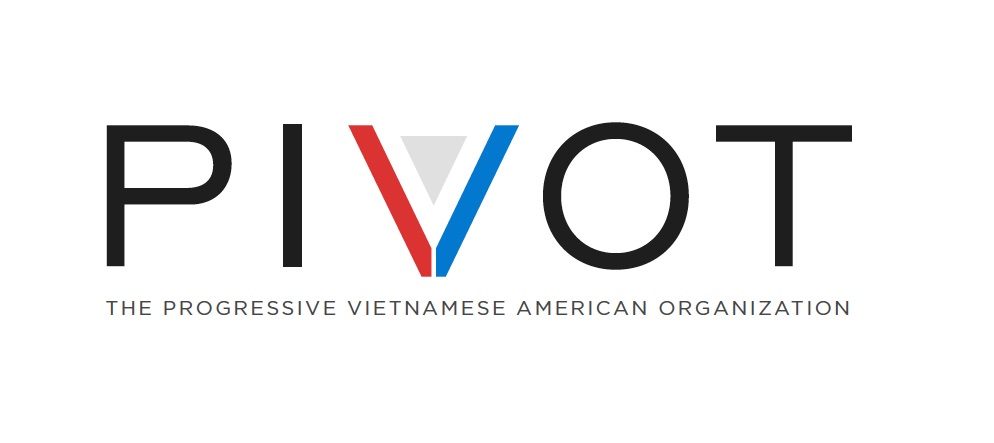IT’S TIME VIETNAMESE AMERICANS TO TAKE ANOTHER LOOK AT THE WAY WE VIEW BLACK AMERICANS
/June 13, 2020
Thang Do, PIVOT board member
You could be an ordinary farmer, student, or housewife, going about your business. Strangers take you at gunpoint, tie you up and string you together with folks like you, then force you to walk, sometimes for a thousand miles or more. They pack you along with hundreds of others into the cramped hull of a ship. The place is ridden with disease; there’s barely enough air to breathe, room to move; people relieve themselves where they sit. The journey across the ocean will take at least two months. If you show signs of disobedience, they beat you mercilessly to set an example for others. They are prepared to kill you one by one and throw you overboard until you all “behave.”
Read More



